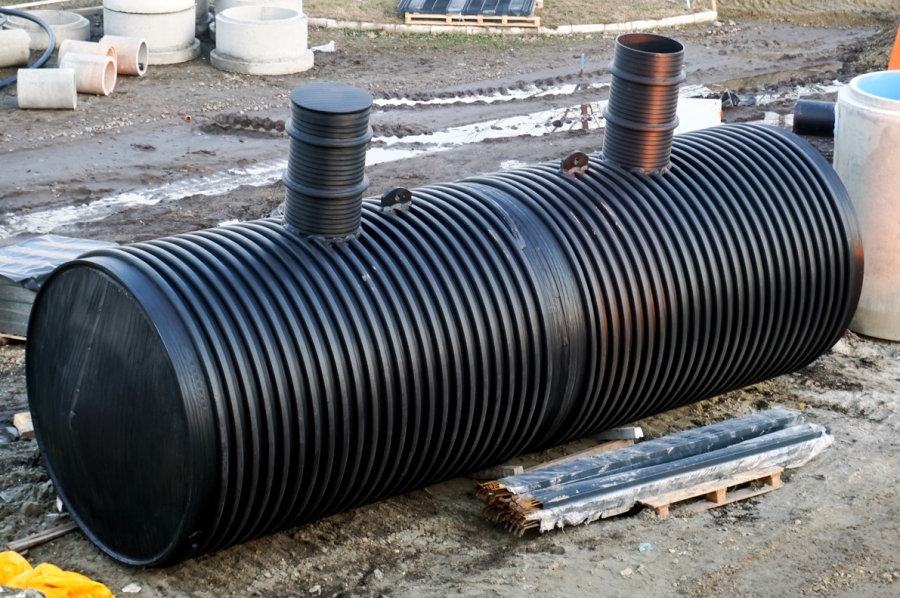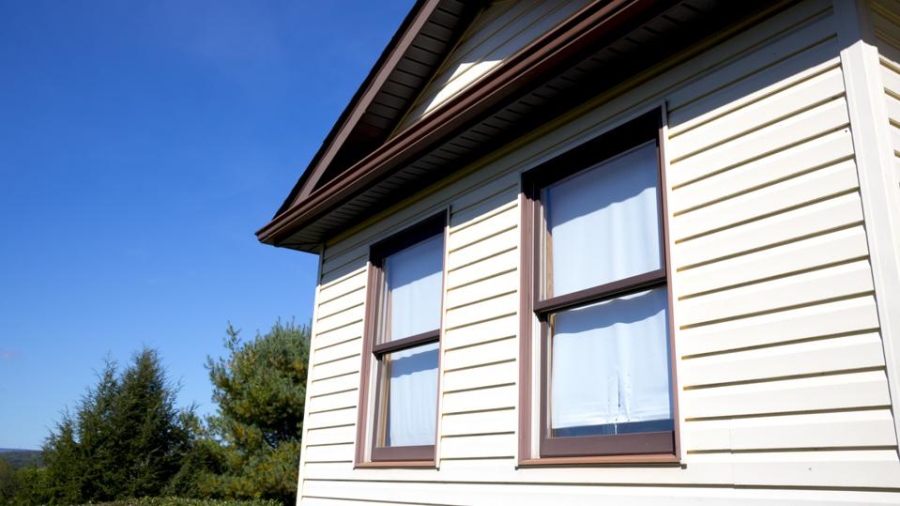9473Views 0Comments

Why Do Some Homes Use Septic Tanks While Others Don’t?
Septic systems have been a staple of modern life for many years. They provide us with an environmentally friendly and efficient means of wastewater disposal. It’s important to note that every house is different, and so there are some homes that may not be able to use a septic tank. But before you decide on whether or not it’s right for your home, let’s explore the pros and cons of why some houses use them while others don’t.
Why Some Houses Use Septic Tanks
A septic system is a wastewater treatment facility. When a house has a septic tank, the sewage from the house empties into the tank, and then it’s pumped out to an absorption area where it’s broken down by bacteria. A few advantages of using a septic system are that they don’t require electricity or municipal water supply, they are affordable, and they don’t take up much space. They are most commonly used in locations that don’t have access to city sewage lines. Most homes in the mountains or out in the middle of nowhere, for example, often have septic tanks. Without a septic tank, they would need to create an outhouse that has a hole dug deep enough to maintain their waste safely. Most states have strict laws regarding the size of the hole and the chemicals that are used to treat the system for the smell. There are also some states that require a septic tank and an outhouse is illegal. However, this is mostly related to specific parts of the land such as those close to a common water source for wildlife.
Why Other Houses Don’t
Most homes, if they have the choice, will use an on-grid sewage line. A huge benefit of using the sewage lines is that the waste and used water will be diverted elsewhere and then trucked off to a treatment plant without any maintenance from the homeowner. Additionally, these homes can’t use a septic tank because they lack the necessary infrastructure or there is a local law prohibiting the use of a septic tank. Typically, with the use of city sewage, you are charged a monthly utility fee. This is standard and there aren’t usually ways to minimize or get rid of this fee as long as you continue the use of the sewage system. Typically, before buying a home or even building a new home, you will know what options you have, if you have any options at all. However, if you haven’t already discussed it with your realtor or builder, you may want to inquire about this first before deciding on whether or not you want to install a septic tank.
What To Consider Before Making a Decision
It’s important to consider the following factors before making a decision on whether or not to install a septic tank:
Number of people living in the home
The more people that are living in your home, the more waste there will be and the bigger the septic tank you will need. This is typically a concern when looking at the space required for the septic tank. That being said, you may consider an outhouse instead, if the cost of a tank and the maintenance of the tank is too high and if the area allows it.
Size of property
In some cities, septic tank locations are regulated and you are required to put it a specific distance from your home. As long as you have some sort of space outside of your home, you will likely be able to fit at least a small tank. However, if you have a large family, then you may need more space for a bigger septic tank.
Location and age of the home
The biggest consideration when considering homes with a septic tank vs those without one, it usually comes down to the location and age of the home. Many people consider location the deciding factor, and though that is a predominant consideration, the age of the home can be a big factor as well. For example, if a home was built before the city sewage system was created, it is possible that the home has been sanctioned for a septic tank and you would need to make arrangements with the city and with a professional to get hooked up to the city system.
What Is It Like Using a Septic Tank?
The main benefit of using a septic tank is that it removes water from your waste. This water then travels through pipes to a leach field where the water will be safely absorbed into the ground. Septic tanks are great for homes because they’re environmentally friendly and easy to use, which means you can avoid long waits for local authorities and expensive fees for getting rid of wastewater.
You will need to hire someone for septic tank maintenance, and unlike traditional methods of wastewater disposal like sewer treatment plants where you pay a monthly fee for the service, the homeowner is responsible for this expense all at once. They also have a tendency to leak or damage concrete slabs over time. But despite these considerations, septic tanks are still an excellent way to dispose of wastewater without costing much money or having to wait in line.
Septic tanks are an important part of the plumbing system in homes that cannot be connected to a public sewer system. Septic systems have been used since ancient times—the earliest known public sewage system was built by Rome in 50 AD. Plus there’s no monthly charge for using or disposing of waste as it happens inside your own home!




